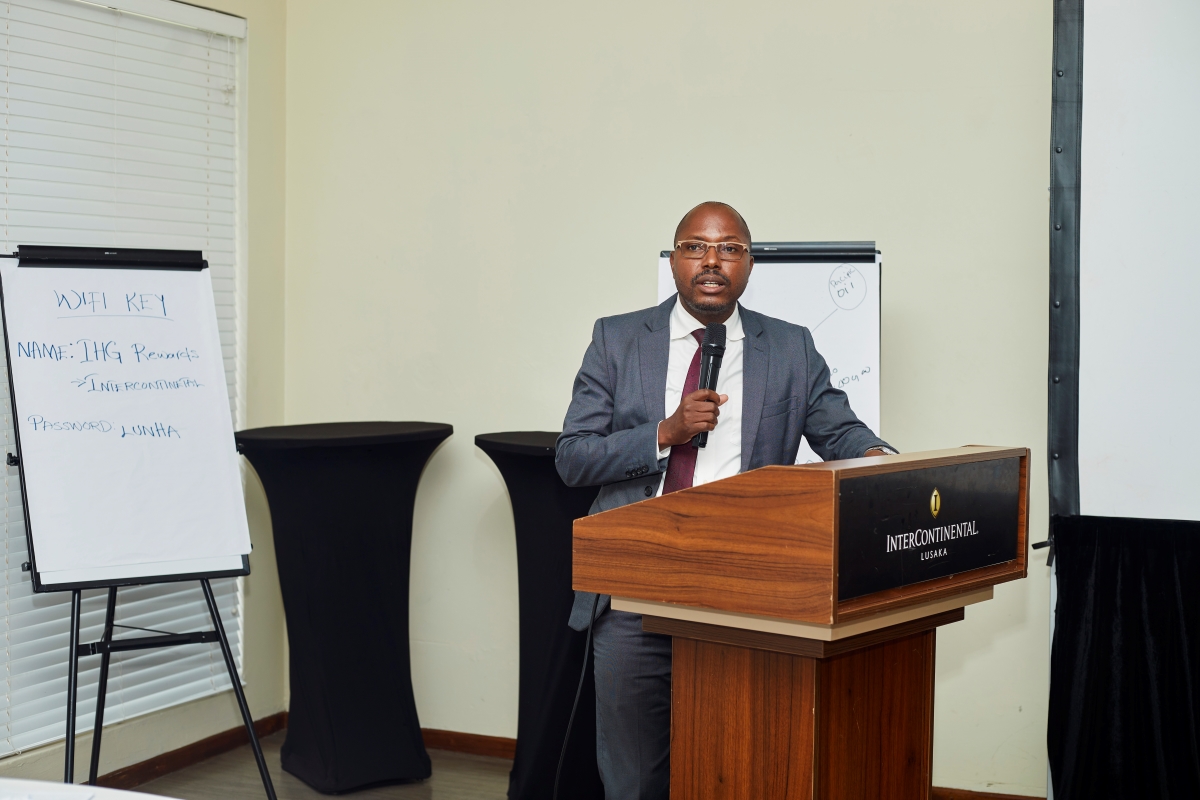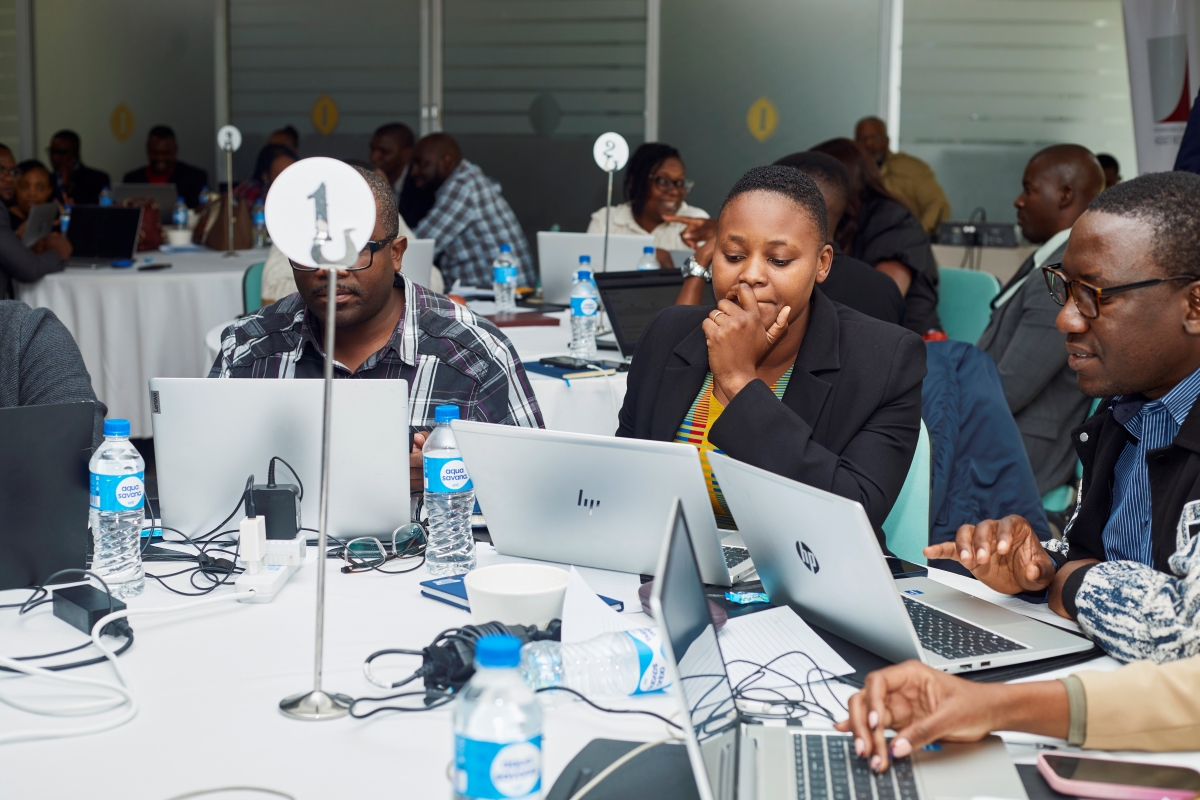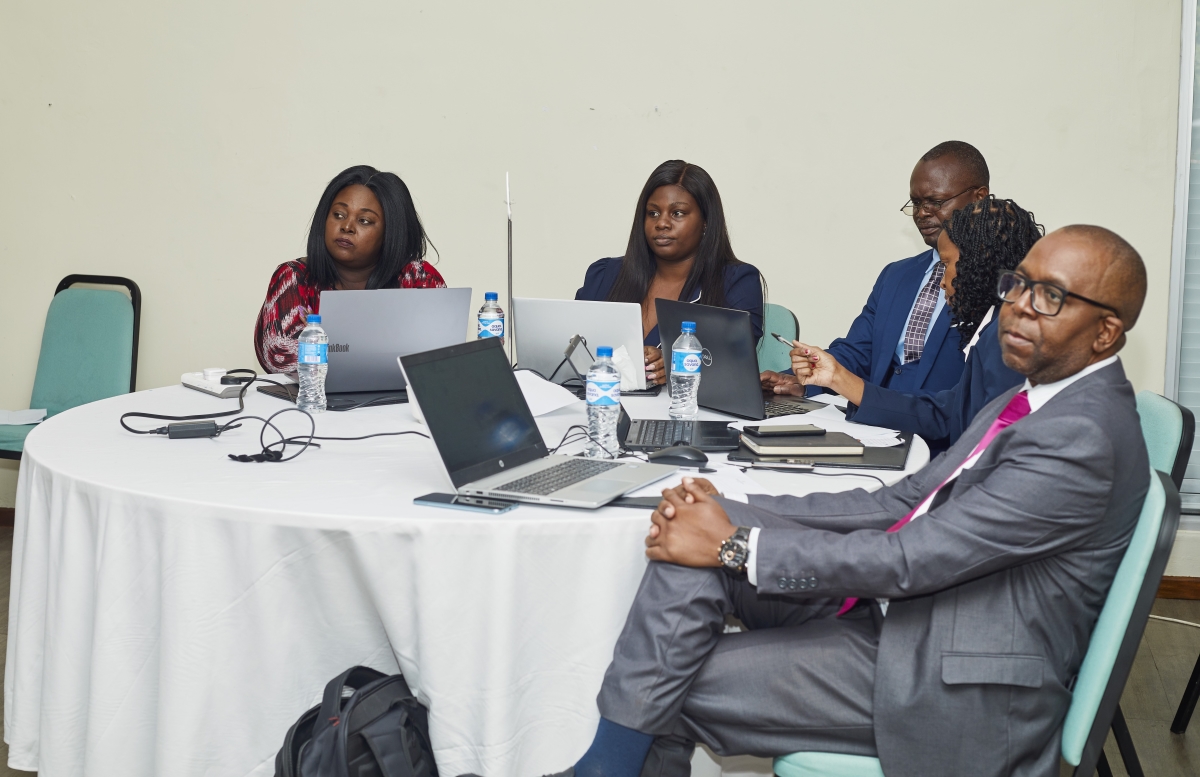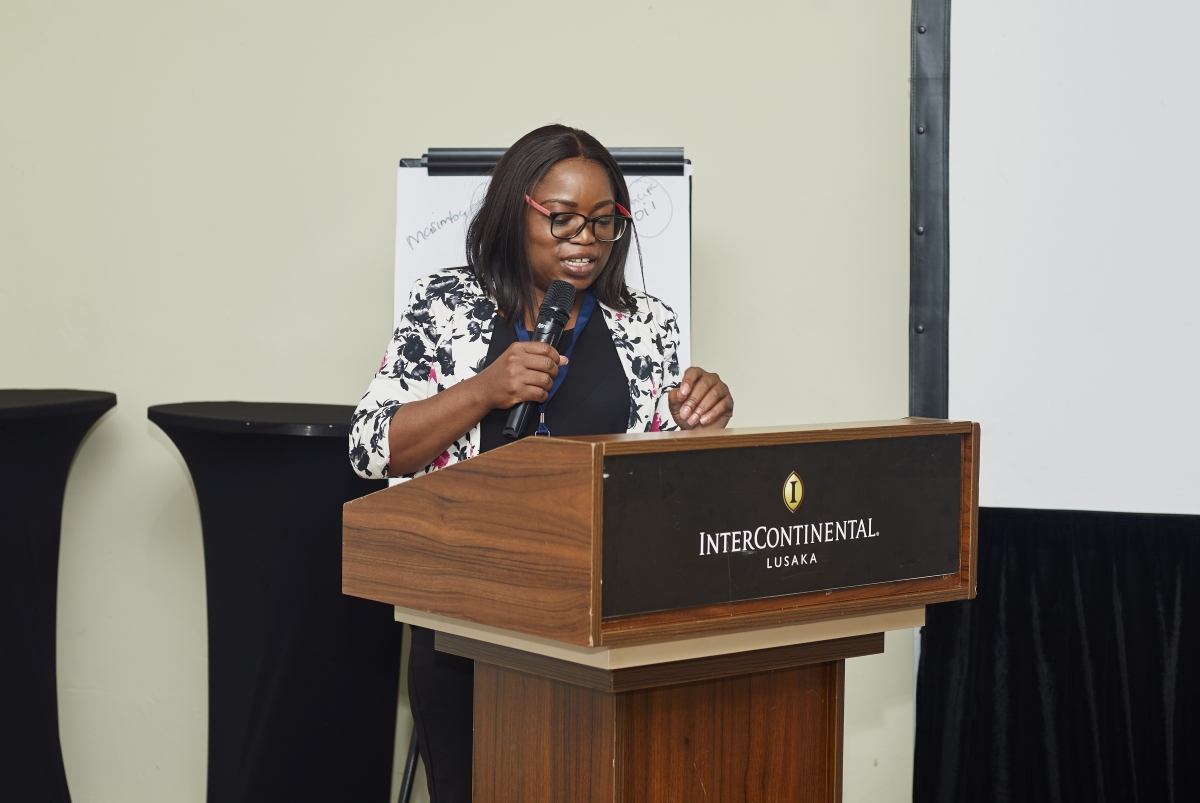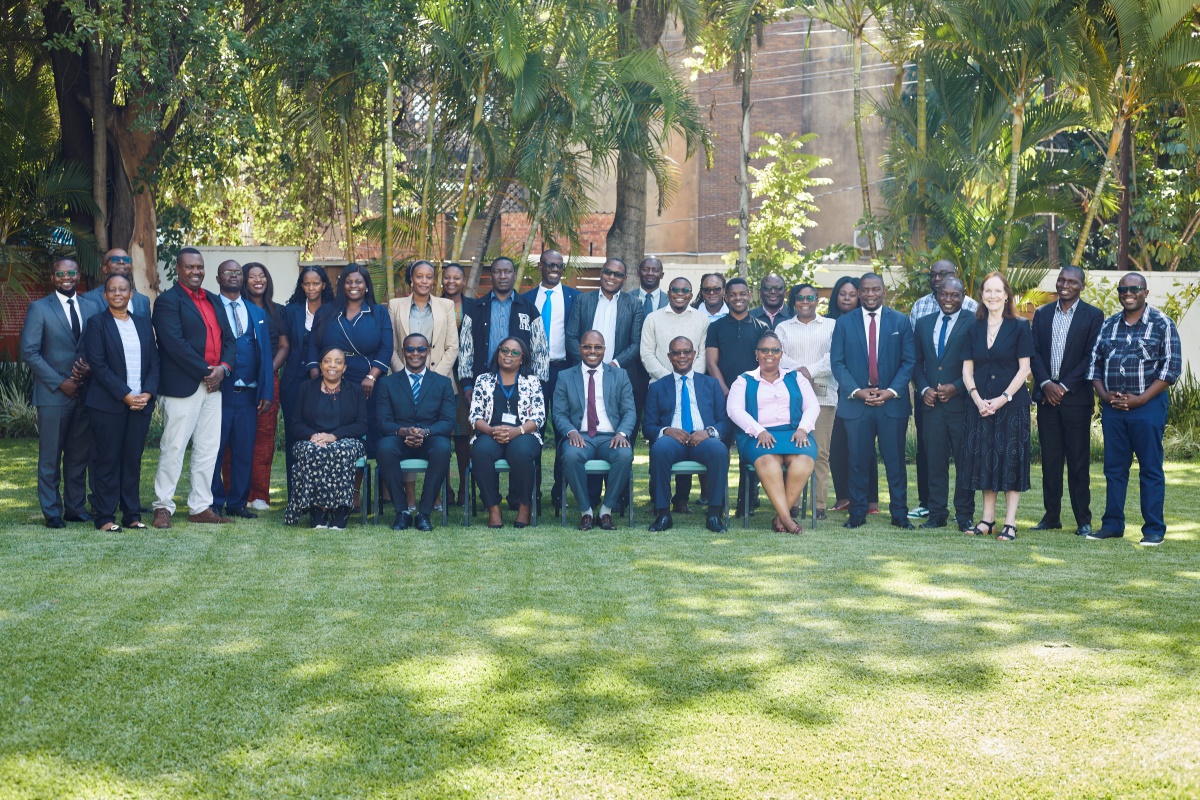Asset recovery in Zambia reaching new heights with train-the-trainer programme
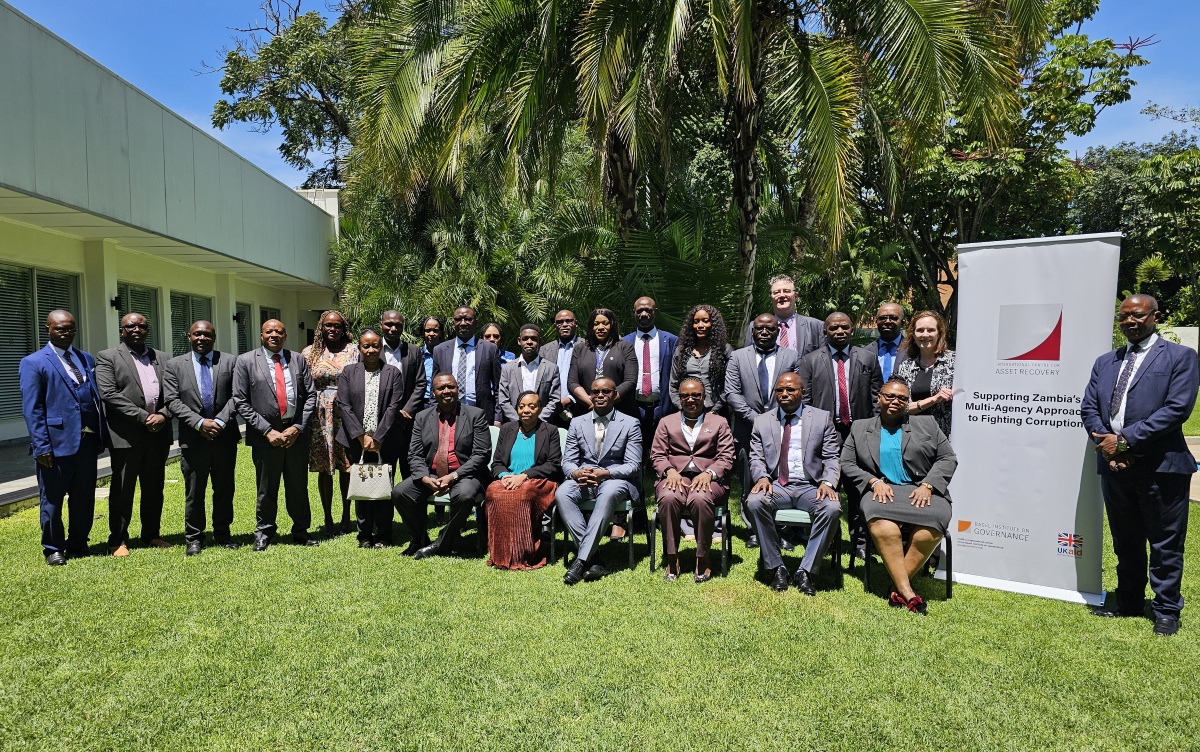
Zambia’s multi-agency approach to fighting corruption has gained further momentum as our International Centre for Asset Recovery (ICAR) training team conducted another successful workshop on financial investigations and asset recovery in Lusaka. This was the fourth in a series of five workshops under our train-the-trainer (TTT) programme for Zambia.
The train-the-trainer programme ensures the long-term sustainability of ICAR’s engagement in Zambia by increasing local training capacity, complementing the work of our embedded advisors.
With the support and funding of the UK Foreign, Commonwealth & Development Office (FCDO), the TTT programme mentors and equips five selected local anti-corruption professionals with the skills to become certified ICAR trainers. At the same time, up to 125 other participants are trained with knowledge and skills on essential topics like investigating and prosecuting money laundering, conducting complex financial analysis and mutual legal assistance.
The fourth workshop brought together 25 representatives, including 11 women, from the National Prosecuting Authority, the Judiciary, the Zambia Revenue Authority, the Financial Intelligence Centre, the Zambia Police Service, the Drug Enforcement Commission and the Patents and Companies Registration Agency.
Zambia’s commitment leads to increasing success
In her opening remarks, the Acting Director General of the Zambia Anti-Corruption Commission, Madam Monica Chipanta Mwansa, stressed Zambia’s ongoing commitment to multi-agency asset recovery action. She expressed her excitement at seeing the combined expertise from the key institutions in asset recovery and the fight against financial crime. She also encouraged all participants to engage fully in the training, ask questions and share insights, saying that together we can create:
“an environment of collaboration and innovation that empowers all of us to combat financial crime more effectively.”
A passionate prosecutor of many years, Madam Mwansa confirmed:
“The illicit activities of corruption and money laundering not only pose significant threats to the stability of the Zambian economy, but also erode the foundations of trust within our communities. Corruption diverts resources meant for the public good, while money laundering systematically legitimises funds derived from illicit activities.”
She pointed out that asset recovery was a crucial component of the fight against financial crime. Recovering lost or misappropriated assets was not only a financial imperative but also a matter of restoring justice and fairness. The recovery of stolen assets represented hope for victims and served as an important deterrent for corruption, sending a clear message to perpetrators that their actions would not go unpunished.
Indeed, Zambia has in the last few years achieved significant success in recovering stolen assets, including through non-conviction based forfeiture.
Practical applicability is key
It was no surprise that the workshop participants were particularly interested in the variety of different approaches and strategies they could use under Zambian law to recover assets linked to financial crimes.
Participants of the fourth TTT workshop specifically appreciated the very practical skills they gained regarding electronic file organisation and financial analysis using Excel, saying that they can apply them straight away in their work.
Learn more
- See our specialised ICAR training programmes for law enforcement agencies and download a brochure in English, Spanish, French and Portuguese.
- Watch this short video to get a taste of ICAR’s training approach.

